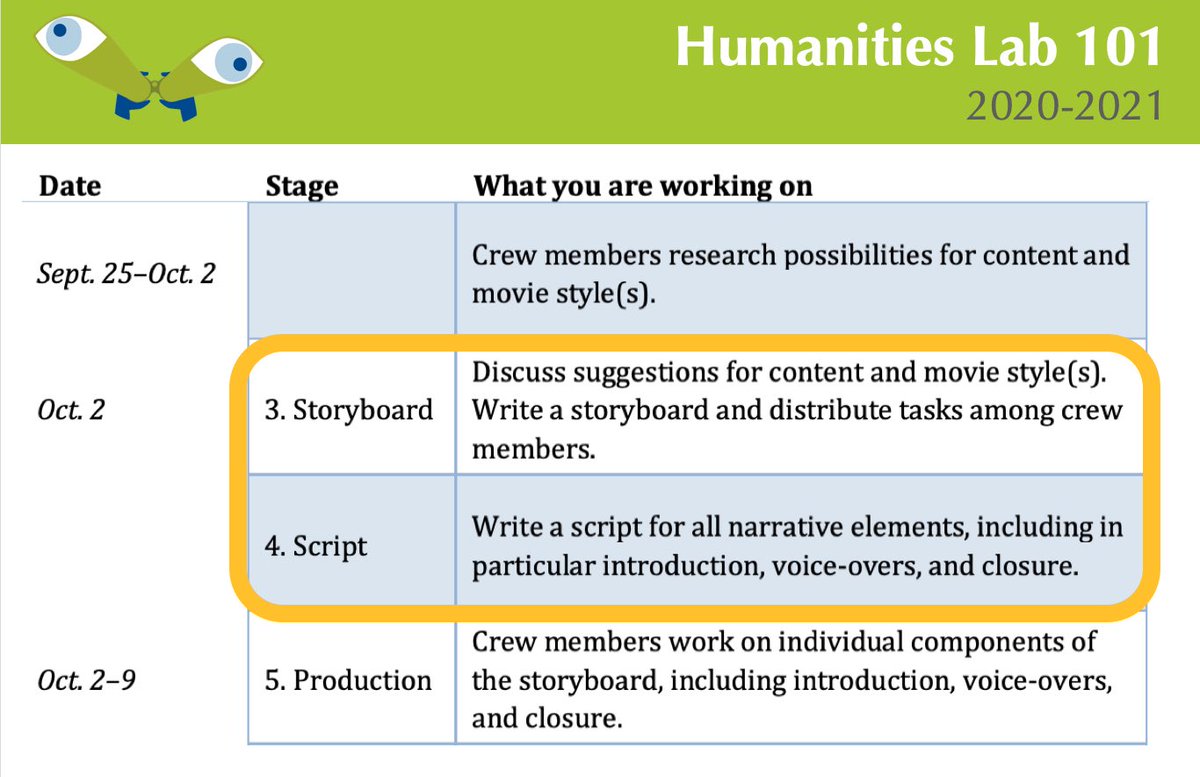
In June we took a survey among philosophy students to see how online teaching was affecting the student experience. The results are used to enhance online teaching and learning in 2020-2021 as well as possible. 

These are some of the lessons about online teaching I took from last semester:
1. Offer structure
2. Offer trust
3. Use teamwork
4. Use team presentations
5. Use sandwich constructions
1. Offer structure
2. Offer trust
3. Use teamwork
4. Use team presentations
5. Use sandwich constructions
1. STRUCTURE
Offer a very clear scaffolding structure to make sure that students know what they are expected to do, both during the online meetings and in between meetings (assignments, deliverables, schedules, tools for planning and time management, etc.).
Offer a very clear scaffolding structure to make sure that students know what they are expected to do, both during the online meetings and in between meetings (assignments, deliverables, schedules, tools for planning and time management, etc.).

2. TRUST
Show students that you trust them with responsibility. Make them owners of their projects and assignments (while helping them with the scaffolding structure). It helps enormously if you can create room for creativity and original angles of approach.
Show students that you trust them with responsibility. Make them owners of their projects and assignments (while helping them with the scaffolding structure). It helps enormously if you can create room for creativity and original angles of approach.

3. TEAMWORK
Use group assignments. Have students work together in small teams in their own Teams channel or breakout room. This reduces loneliness, anxiety and uncertainty, while promoting the sense of (shared) ownership.
Use group assignments. Have students work together in small teams in their own Teams channel or breakout room. This reduces loneliness, anxiety and uncertainty, while promoting the sense of (shared) ownership.

4. GROUP PRESENTATIONS
For online student presentations, have students prepare and deliver these in groups of 2-3. This reduces anxiety, loneliness and uncertainty, and serves as a tool for helping students to structure their workweeks.
For online student presentations, have students prepare and deliver these in groups of 2-3. This reduces anxiety, loneliness and uncertainty, and serves as a tool for helping students to structure their workweeks.

5. SANDWICHES
Use sandwich constructions for tutorials and workgroup meetings: plenary start (instruction), then working in smaller teams, plenary closing (teams report back on progress, instructions for next session). This enhances the sense of togetherness.
Use sandwich constructions for tutorials and workgroup meetings: plenary start (instruction), then working in smaller teams, plenary closing (teams report back on progress, instructions for next session). This enhances the sense of togetherness.

• • •
Missing some Tweet in this thread? You can try to
force a refresh


